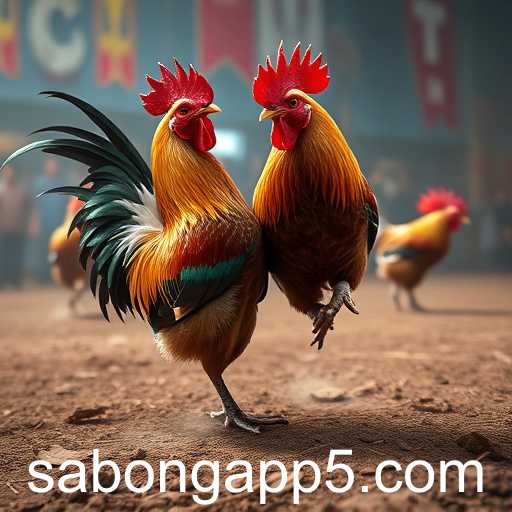An in-depth look into the emergence of the Sabong app within the digital gaming ecosystem in 2025, exploring its impact and the controversies surrounding it.
In recent years, the digital gaming industry has witnessed significant transformations, with new platforms and games capturing the interest of diverse audiences. Among these, the Sabong app has emerged as a noteworthy contender in the realm of virtual betting and gaming apps. Often associated with traditional animal sports, Sabong has transcended physical boundaries, evolving into a digital sensation that taps into global gaming dynamics.
The Sabong app has not only popularized the concept of digital cockfighting but also sparked widespread interest among gaming enthusiasts. Its immersive graphics and user-friendly interface have captivated millions, propelling it to the forefront of app stores worldwide. Furthermore, the app incorporates real-time betting features, allowing users to experience the thrill of wagering within a secure digital environment.
As the Sabong app continues to soar in popularity, it also draws scrutiny from regulators and animal rights groups who express concerns over ethical implications. Critics argue that simulating traditional cockfighting, even in a digital format, perpetuates harmful cultural practices. In response, developers have made efforts to distance themselves from these controversies by revising game mechanics and emphasizing skill-based elements over graphic depictions of animal combat.
The expansion of Sabong into the digital gaming sector reflects a larger trend towards gamification and virtual betting within modern games. As technology advances and virtual reality becomes more integrated into everyday life, the lines between reality and virtual experiences blur, raising questions about the future trajectory of digital games.
In conclusion, the Sabong app's rise in 2025 highlights both innovative opportunities and ethical challenges in the digital gaming landscape. While its growing user base suggests a bright future, it also underscores the need for ongoing dialogue around the responsible development and regulation of games that intersect with traditional sports.




